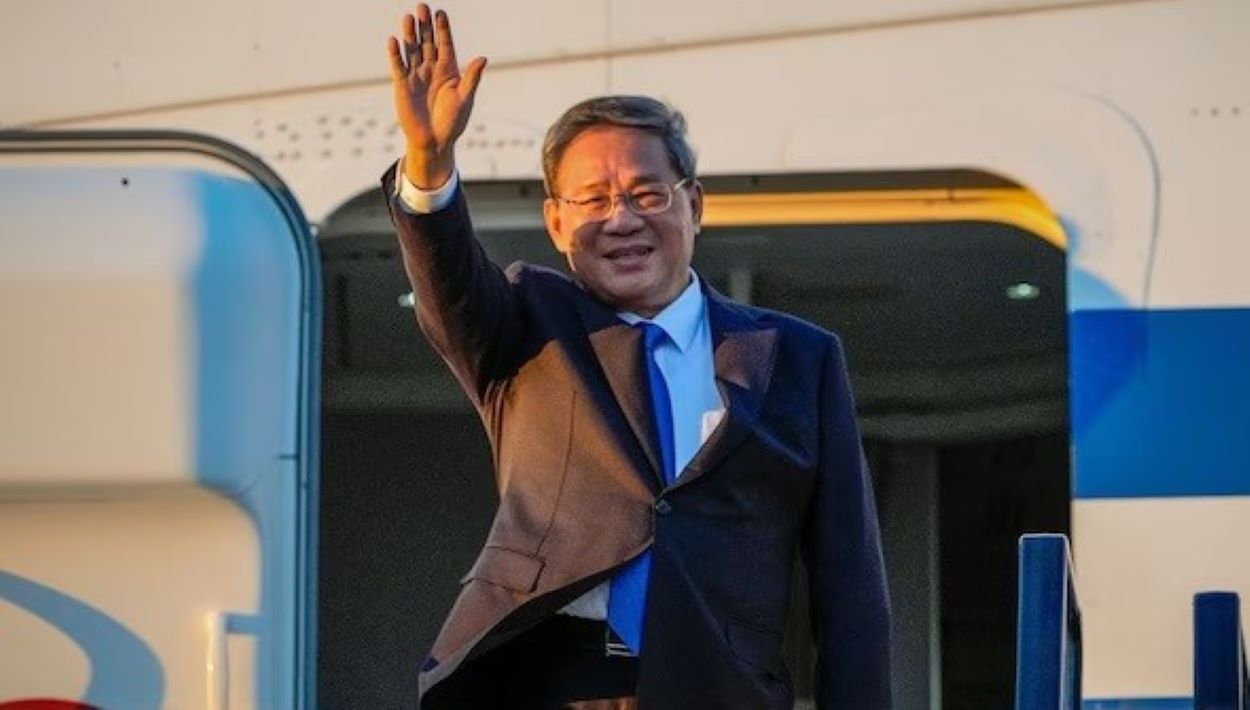The visit of Chinese Prime Minister Li Qiang to Pakistan is still set, despite a recent terrorist attack in Karachi that killed two Chinese nationals. He will attend the Shanghai Cooperation Organisation (SCO) meeting and engage in bilateral discussions.
There is no change to the visit next week, despite doubts following the Jinnah International Airport attack. This marks the second attack this year targeting Chinese nationals in Pakistan. In March, five Chinese engineers died in Besham while working on a hydroelectric project.
Read: Explosion Near Karachi Airport Results in Casualties
The Karachi attack has alarmed both Chinese and Pakistani officials. Despite tight security promises, sources said the incident happened. It was a setback for Pakistan, but the Chinese Prime Minister’s visit signals a continued partnership.
This will be the first visit by a Chinese Prime Minister to Pakistan in 11 years. It’s seen as critical as Pakistan seeks more economic support from China. Both nations plan to sign agreements to enhance their cooperation.
However, the Karachi attack may overshadow other discussions. China has voiced concerns over repeated attacks on its nationals. After the Besham incident, a senior Chinese minister emphasized that future investments would depend on improved security.
Pakistan revised its security measures for Chinese nationals after Besham. Despite new protocols, the recent attack in Karachi has raised doubts about their effectiveness. The Chinese Prime Minister is expected to propose a joint security company to protect Chinese investments and the China-Pakistan Economic Corridor (CPEC).
China’s support is essential for Pakistan as it navigates economic challenges. Other delegates, including the Russian Prime Minister and India’s Foreign Minister, S. J. Shankar, have confirmed their participation in the SCO meeting.
Following the Karachi attack, heightened security is in place for the SCO delegates. The government has declared public holidays from October 14 to 16 to ensure smooth operations for the meeting. Starting October 15, the meeting is important for Eurasian cooperation but is viewed cautiously in the West due to Russia’s and China’s roles.






